Introduction
As artificial intelligence (AI) continues to advance, it offers unprecedented opportunities for businesses to streamline operations and enhance productivity. By automating repetitive tasks and providing deep insights, AI can significantly impact various departments within a company. This guide explores which departments can benefit the most from AI automation and how it can boost overall productivity, providing fresh insights and practical examples.
Understanding the Potential of AI in Business Automation
AI can automate a wide range of tasks, from mundane and repetitive processes to complex data analysis, freeing up employees to focus on more strategic activities. Here’s how AI can revolutionize key departments:
1. Customer Service
AI Tools:
- Chatbots: Handle common inquiries 24/7, providing instant responses and freeing up human agents for more complex issues.
- Virtual Assistants: Assist with booking appointments, answering FAQs, and guiding users through processes.
Benefits:
- Improved Response Times: Customers receive immediate assistance, enhancing satisfaction.
- Cost Reduction: Reduces the need for a large customer support team.
- Scalability: Easily handles increased volume without additional resources.
2. Marketing
AI Tools:
- Predictive Analytics: Analyzes customer data to predict future behaviors and trends.
- Personalization Engines: Tailors content and product recommendations to individual preferences.
- Automated Campaign Management: Manages and optimizes marketing campaigns in real-time.
Benefits:
- Targeted Campaigns: Higher engagement and conversion rates through personalized marketing.
- Efficiency: Automates repetitive tasks like email marketing, saving time and resources.
- Insights: Provides deep insights into customer preferences and campaign performance.
3. Human Resources
AI Tools:
- Recruitment Software: Screens resumes and ranks candidates based on fit.
- Employee Onboarding: Automates training schedules and resource distribution.
- Performance Management: Monitors employee performance and provides actionable feedback.
Benefits:
- Faster Hiring: Streamlines the recruitment process, reducing time-to-hire.
- Enhanced Employee Experience: Smooth onboarding and personalized training.
- Objective Evaluations: Data-driven performance assessments improve fairness and transparency.
4. Finance and Accounting
AI Tools:
- Invoice Processing: Automates the handling and approval of invoices.
- Expense Management: Tracks and categorizes expenses automatically.
- Fraud Detection: Identifies unusual patterns and potential fraud in real-time.
Benefits:
- Accuracy: Reduces human error in financial transactions.
- Efficiency: Speeds up processing times for invoices and expenses.
- Security: Enhances the detection and prevention of fraudulent activities.
5. Sales
AI Tools:
- CRM Systems: Automate customer relationship management, tracking interactions and predicting customer needs.
- Sales Forecasting: Uses historical data to predict future sales trends.
- Lead Scoring: Identifies and prioritizes the most promising leads.
Benefits:
- Increased Sales Efficiency: Automates routine tasks, allowing sales teams to focus on closing deals.
- Better Forecasting: Accurate predictions help in planning and resource allocation.
- Enhanced Lead Management: Prioritizes efforts on high-potential leads, improving conversion rates.
6. IT and Cybersecurity
AI Tools:
- Threat Detection: Monitors network activity to detect and respond to security threats.
- Automated Support: Provides instant technical support and troubleshooting.
- System Optimization: Predictive maintenance and performance monitoring.
Benefits:
- Improved Security: Real-time threat detection and response.
- Reduced Downtime: Predictive maintenance minimizes system failures.
- Efficient IT Support: Automates routine support tasks, freeing up IT staff for strategic projects.
7. Supply Chain and Logistics
AI Tools:
- Inventory Management: Predicts demand and optimizes stock levels.
- Route Optimization: Plans the most efficient delivery routes.
- Supplier Management: Automates the procurement process and monitors supplier performance.
Benefits:
- Cost Savings: Reduces excess inventory and optimizes logistics.
- Improved Efficiency: Streamlines supply chain operations, reducing delays.
- Enhanced Transparency: Provides real-time visibility into supply chain performance.
Real-World Examples
Customer Service: E-commerce Platform
An e-commerce platform implemented AI chatbots to handle customer inquiries about order status, returns, and product information. This led to a 40% reduction in customer service costs and a 30% increase in customer satisfaction due to faster response times.
Marketing: Streaming Service
A streaming service used AI-powered personalization engines to recommend content based on user preferences. This resulted in a 25% increase in user engagement and a significant boost in subscription renewals.
HR: Tech Company
A tech company employed AI recruitment software to screen candidates, reducing the time-to-hire by 50% and improving the quality of hires through better candidate matching.
Finance: Multinational Corporation
A multinational corporation utilized AI for invoice processing and fraud detection. This led to a 35% decrease in processing times and a significant reduction in fraudulent transactions.
IT: Financial Services Firm
A financial services firm adopted AI for threat detection and automated support, enhancing their cybersecurity posture and reducing IT support costs by 20%.
Supply Chain: Manufacturing Company
A manufacturing company used AI for inventory management and route optimization, achieving a 15% reduction in logistics costs and improved delivery times.
Conclusion
AI offers transformative potential across various departments within a company, from customer service and marketing to HR and supply chain management. By automating repetitive tasks and providing deep insights, AI can significantly enhance productivity and drive innovation. Evaluating the specific needs and potential benefits for each department can help your company make informed decisions about AI implementation.
We Can Help You Implement AI
Our team of AI experts can assist you in identifying the right AI solutions for your business needs. We offer flexible hiring options, including hourly contracts, part-time, and full-time engagements, to provide you with the best talent and expertise. Our consultation services will help you pinpoint areas where AI can benefit your business and guide you through the implementation process.
Email Us Today or Visit the website
FAQs
Q1: How do I identify which tasks in my department can be automated with AI?
Start by evaluating repetitive, data-driven tasks and consult with AI experts to assess feasibility and potential benefits.
Q2: What are the costs associated with AI automation?
Costs vary based on the scope and complexity of the AI project, ranging from a few thousand pounds for small-scale implementations to millions for comprehensive solutions.
Q3: Can AI be integrated with existing systems?
Yes, AI can be integrated with most existing systems, although some adjustments may be required for optimal performance.
Q4: What are common challenges in AI automation?
Challenges include data quality issues, lack of skilled personnel, resistance to change, and integration with existing systems.
Q5: How long does it take to see results from AI automation?
The timeline varies; some AI applications show immediate benefits, while others may take several months to a year to fully realize their potential.
Related Articles
- Do You Really Need AI to Keep Up with Your Competitors?
- Top 7 Guidelines while Hiring an AI Expert in the UK
- Different Types of AI Employees You Can Hire: Roles, Skillsets, and Their Impact on Your Company
By exploring these articles, you can gain a deeper understanding of how AI can benefit your business and the best practices for hiring AI experts.




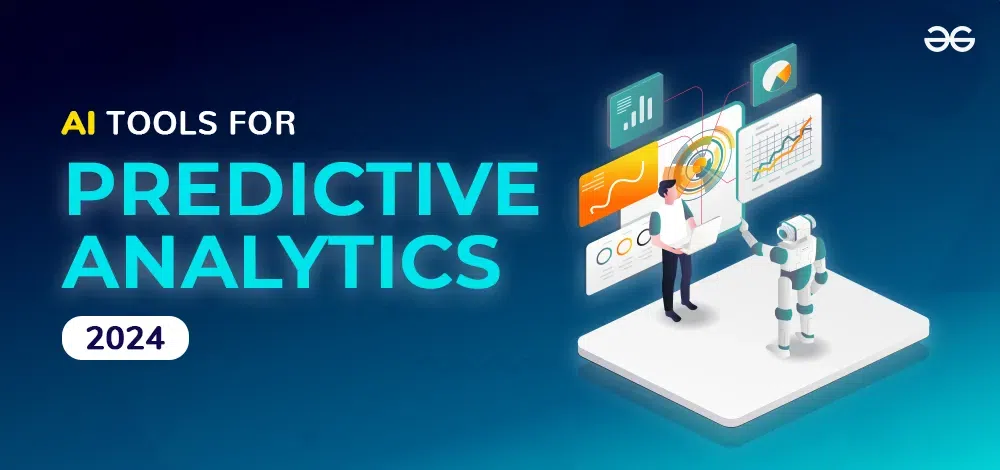

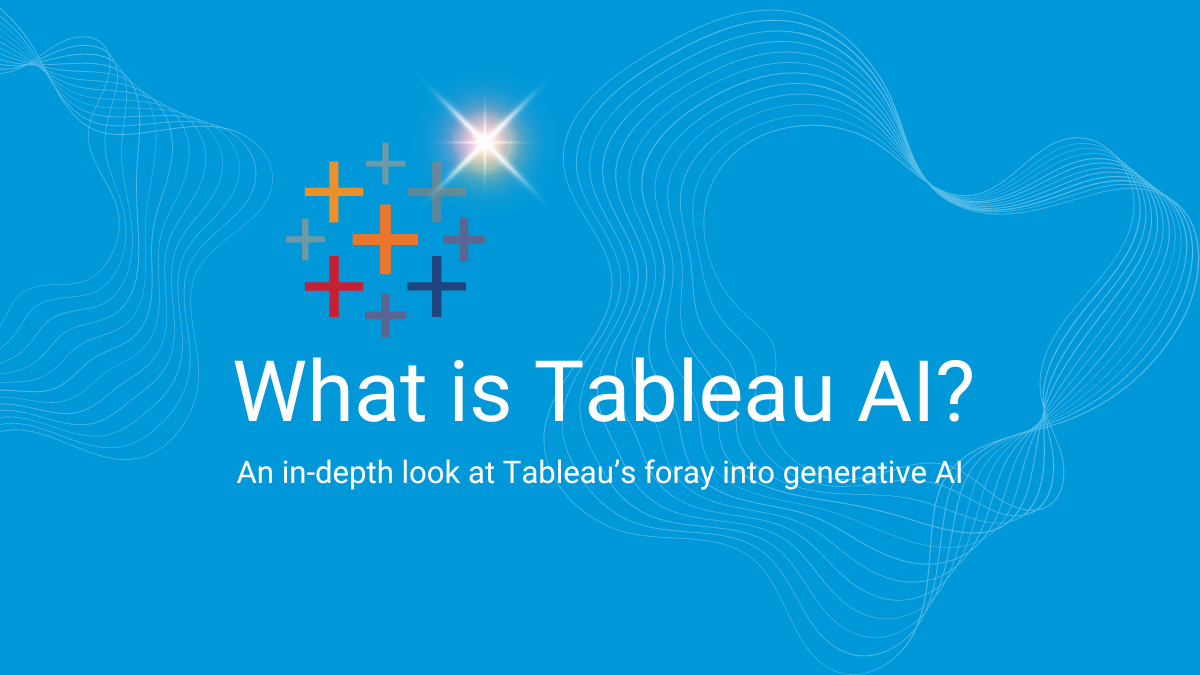
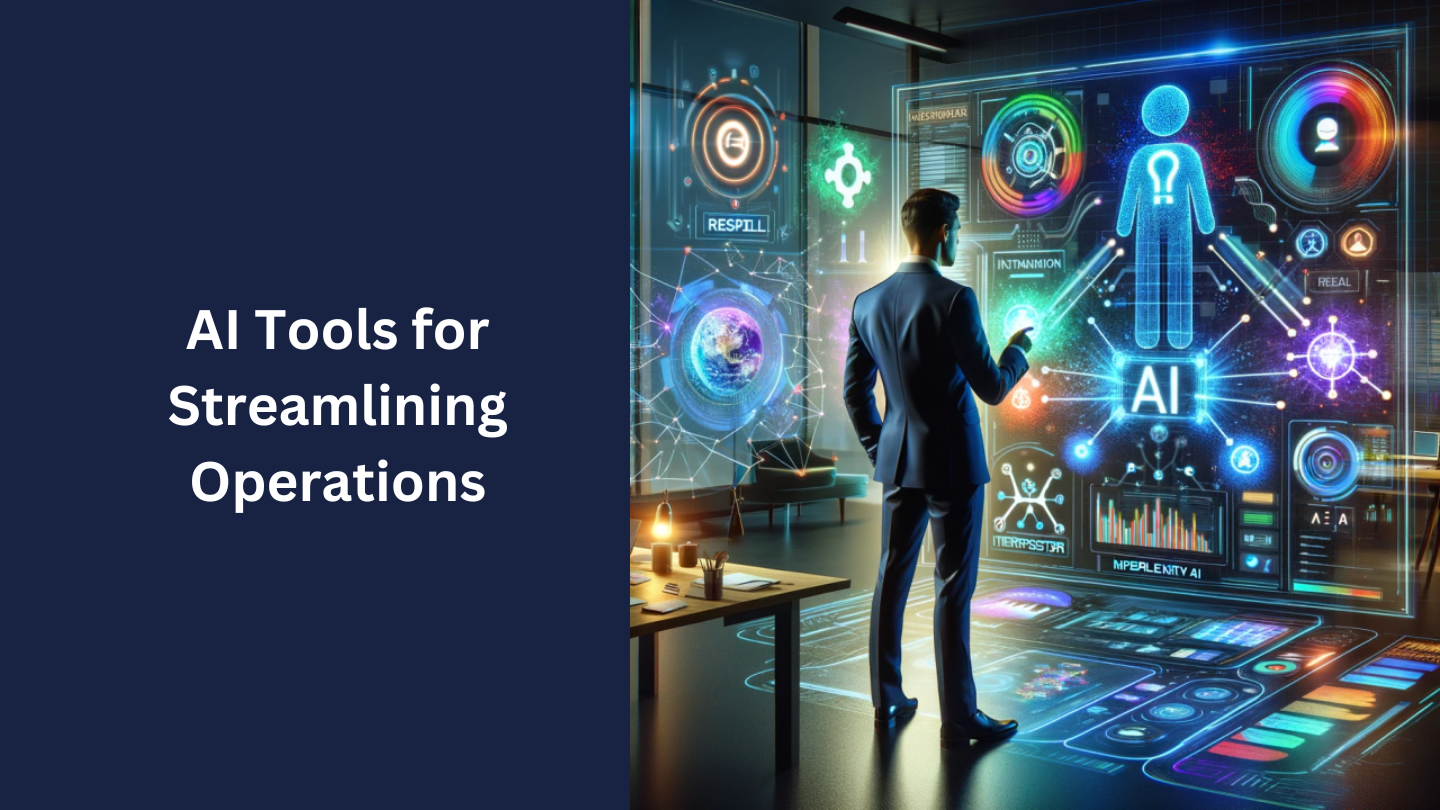
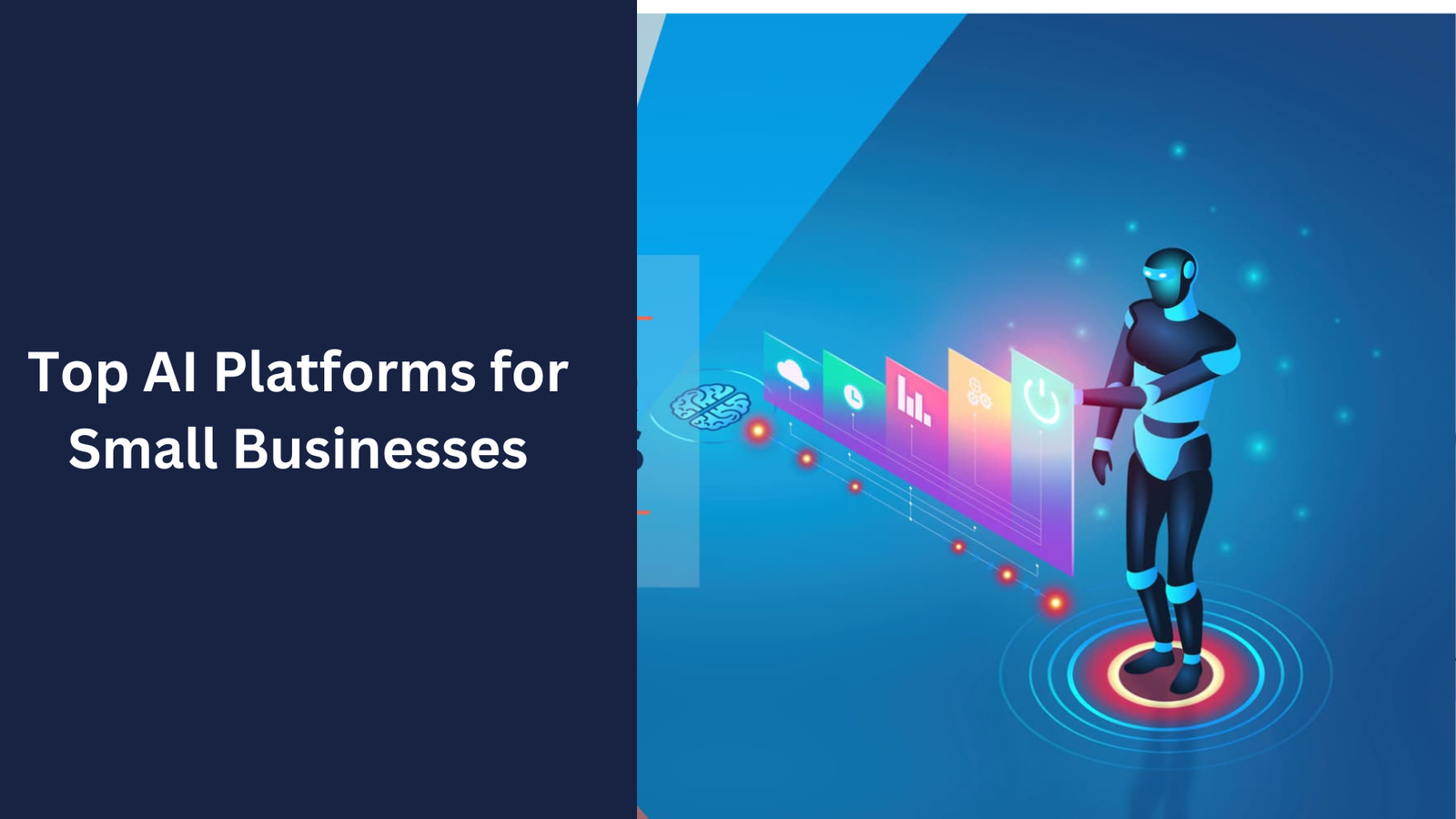
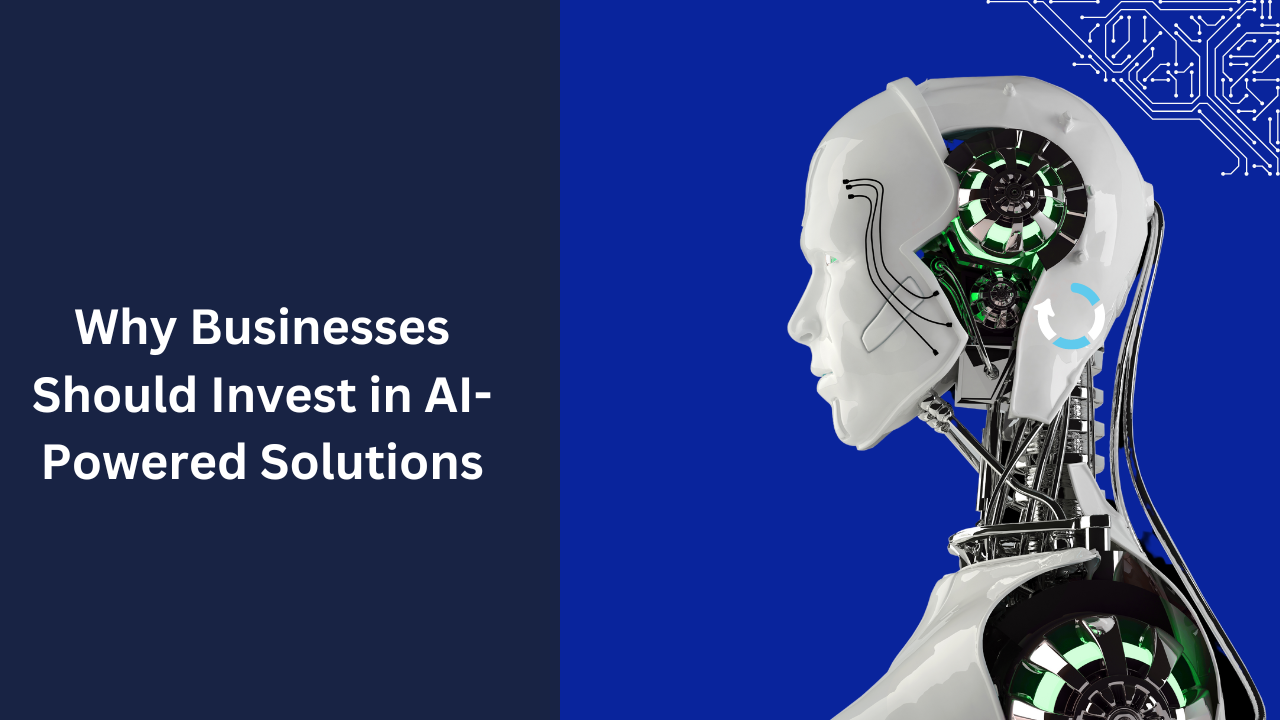
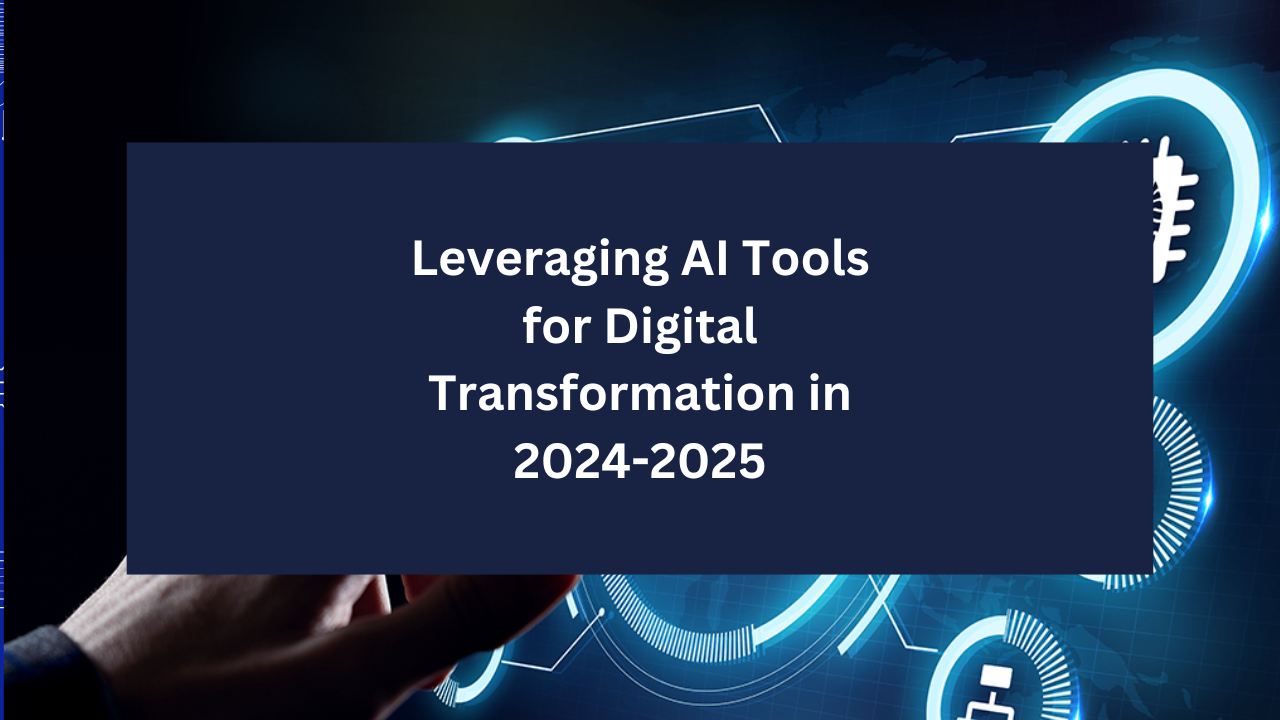
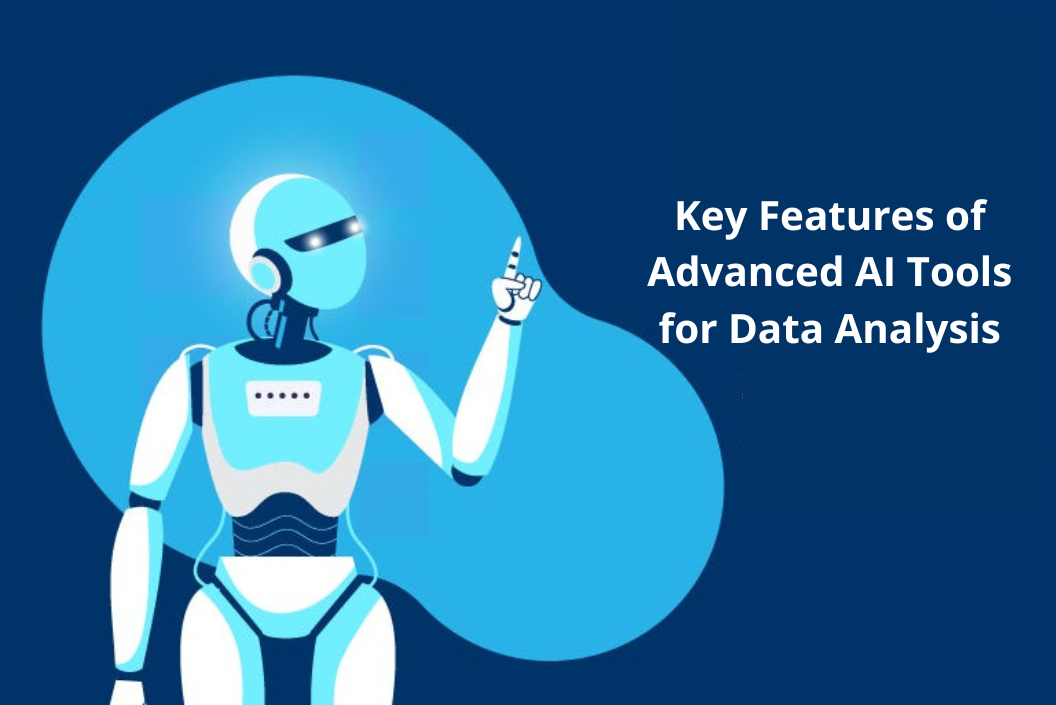
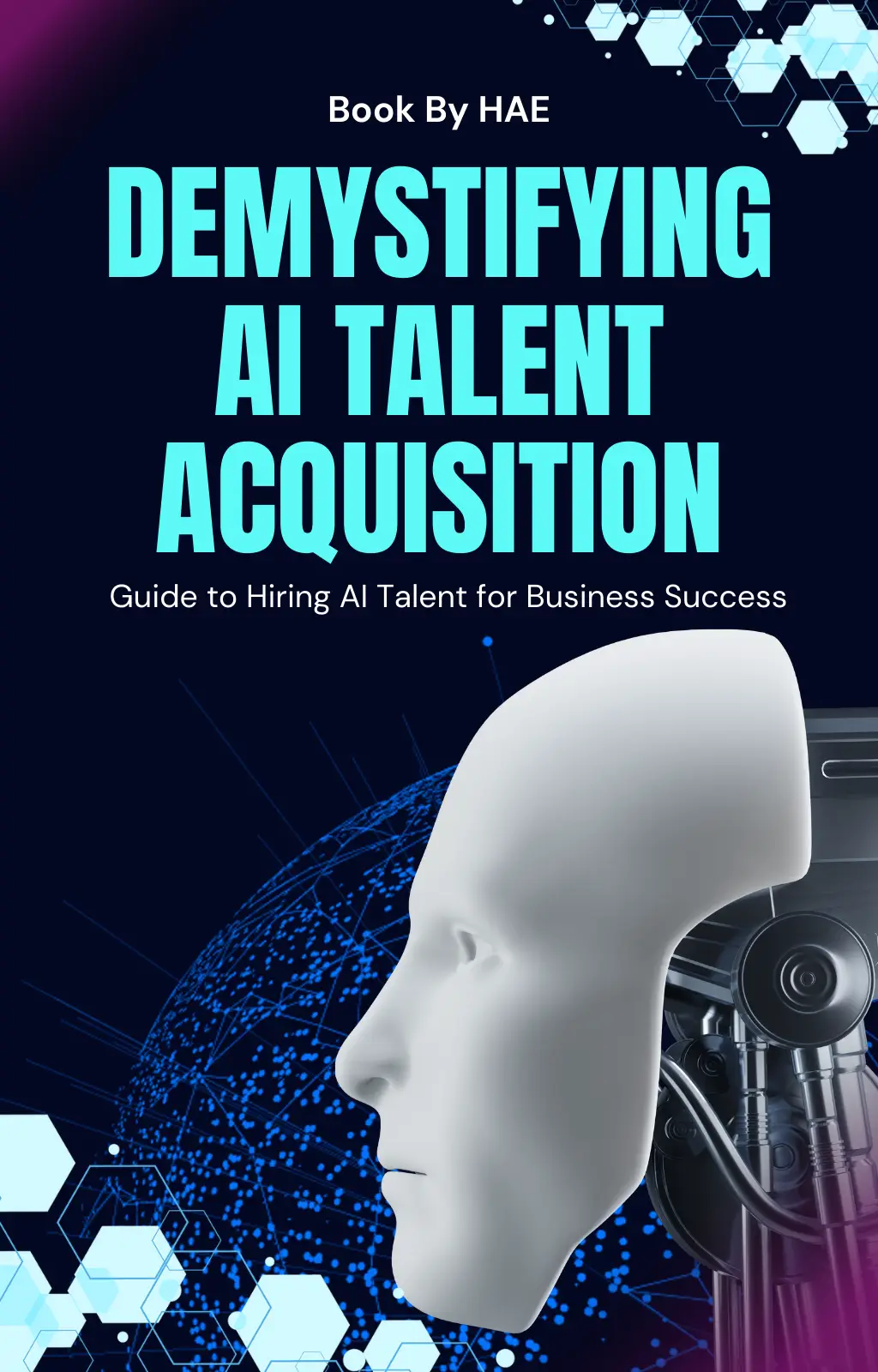
Pingback: AI Potential: Types of AI Employees and Their Impact on Business
Pingback: Top 7 Guidelines while Hiring an AI Expert in UK 2024
Pingback: Does Your Company Need AI to Stay Competitive? Full Guide